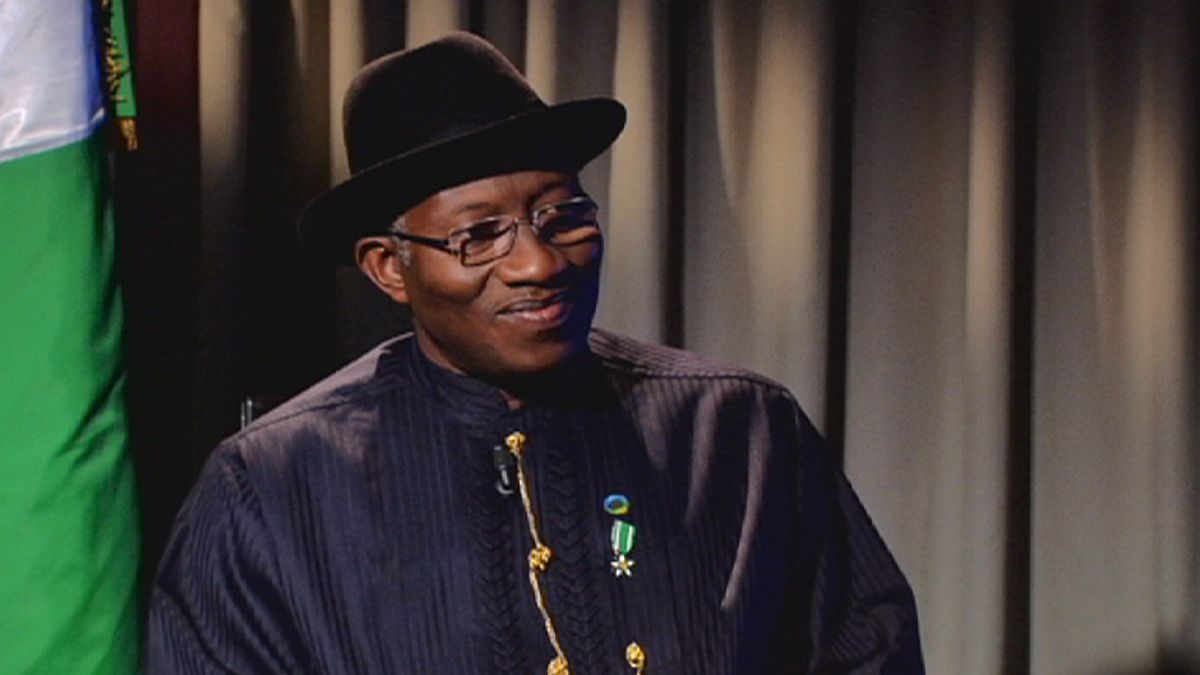Nigerian President, Goodluck Jonathan has expressed no regrets for suspending the head of the country’s central bank after the governor revealed in February that billions in oil revenues were missing.
Biography
- Goodluck Jonathan, the Nigerian president whose rise to power owes as much to sheer good fortune as it does political skill
- Goodluck Jonathan became Nigerian President first as acting leader in 2010, then as elected head of state in 2011 following the death of president Umaru Yar’Aduaand
- Born in 1957 in the oil-rich Niger Delta region of Nigeria, Jonathan is the son of a canoe-maker. He studied Zoology at university and worked as an education inspector and environmental protection officer
- He entered politics in 1998 and was elected as deputy governor for his home state, Bayelsa, in 1999. A role that he performed without particular distinction. He was promoted to governor after his boss was caught up in a corruption probe
- When Nigerian President, Umaru Yar’Aduaand was taken ill and eventually died in May 2010, Goodluck Jonathan was well positioned to make a bid for the top job himself
- His time in power has not been without controversy. In February this year he suspended the head of Nigeria’s Central Bank for revealing that Nigeria’s state-owned oil company had failed to pay back $20bn it owed the federal government
During a wide-ranging exclusive interview with euronews, President Jonathan said Lamido Sanusi, who was ousted from his post four months before his term in office was due to end, was not “fit to work” as Nigeria’s central bank chief.
Internationally, attitudes towards Sanusi are very different. In 2010, he was named central bank governor of the year for 2010.
President Jonathan defended his own reputation in tackling corruption in Nigeria declaring: “No president anywhere in the world… can promise to take corruption to zero level.”
Nigeria’s president also responded to criticism of his country’s military, accused by human rights groups of rights violations and brutality in dealing with an Islamist insurgence from Boko Haram. He said: “The key to our military intervention is to reduce the collateral damage on the populace.”
